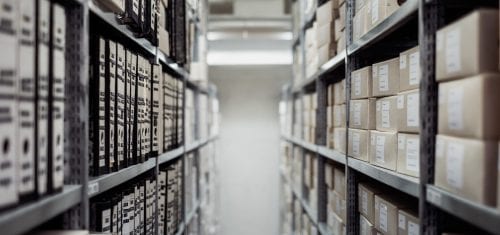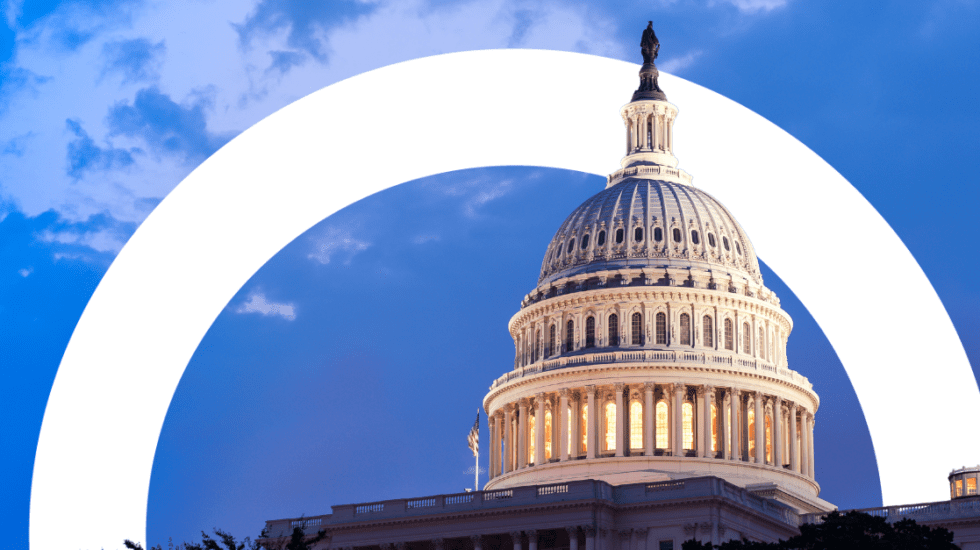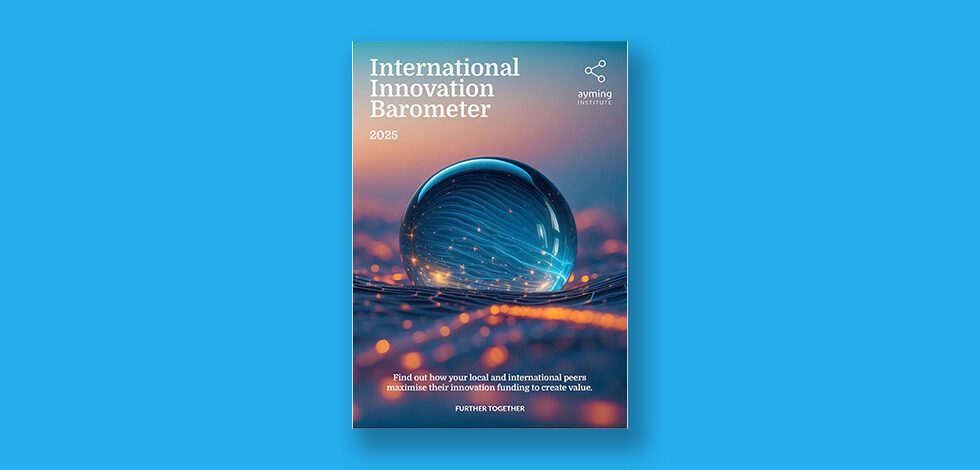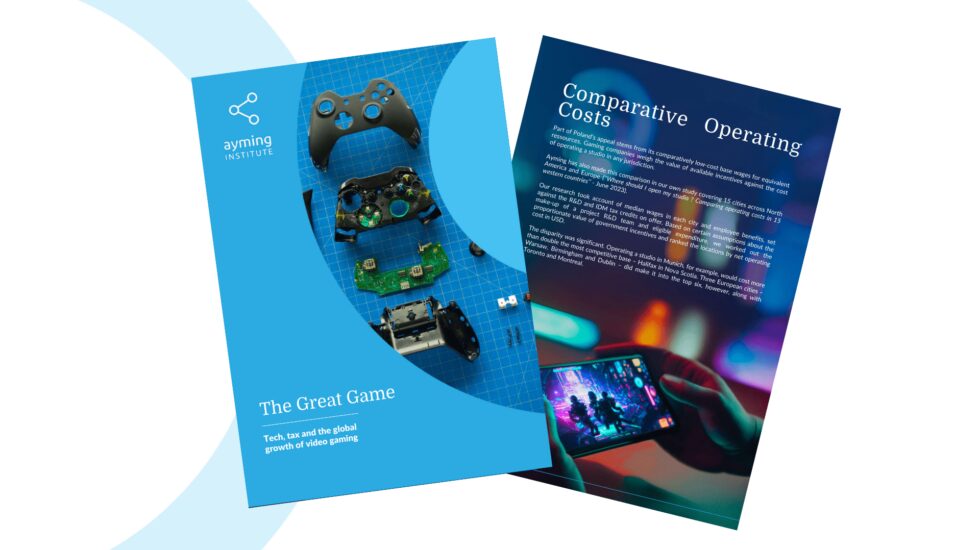Innovation and Tax Credit Qualifications
Companies across America exist in an increasingly competitive marketplace, which drives the need for innovation to differentiate themselves and grow their business. To encourage innovation, one of the primary tools that the U.S. Tax Code offers to taxpayers is the R&D Tax Credit. Available to companies, shareholders, and partners throughout the U.S., companies have been taking advantage of the significant benefit offered by the R&D Tax Credit for almost 40 years since the credit was first signed into law. Yet, despite the long and successful history of the R&D Tax Credit program, many companies are still not claiming the credit even though their R&D activities can qualify them for this incentive. In this article we look at the reasons why and why companies across markets and industries should investigate credits that could make a difference to their financial performance.
New R&D Tax Credit Opportunities
Over the last several decades, the R&D Tax Credit has been expanded by the courts and other regulatory bodies to include many activities that companies are already engaging in throughout their day to day operations. Originally, the requirements for the credit limited the application to industries typically associated with research and development, such as large industrial manufacturers, engineering firms, and laboratories.
But today the list of potential industries that can take advantage of the R&D Tax Credit is growing, thanks to the comprehensive nature of the current requirements for claiming the credit. Companies such as architecture firms, web developers, financial technology companies, breweries/wineries, and retail product design studios can now plan to receive reductions in tax liability every year moving forward.
With Good Advice, R&D Tax Credit Limitations can become Opportunities
Of course, there are some industries and companies whose day to day activities typically do not qualify. Those that focus primarily on providing customers with a service, as opposed to a tangible good, such as surveying operations, social science research firms, distribution centers, or real estate companies, generally do not meet the requirements for claiming the credit. The Credit requires a company to utilize hard sciences, such as chemistry, engineering, or applied physics, to develop a new or improved product, process, invention, formula, technique, or software. However, in today’s competitive business environment, there is a significant potential for tax consultants to uncover qualified R&D activity within these service focused businesses.
In competitive markets, companies are required to go above and beyond the traditional activities of their business to differentiate the services they provide to their customers. These circumstances could arise when a company in a typically non-qualified industry, such as a surveying, real estate, banking, or distribution, develops a new or improved tool that improves the company’s ability to navigate markets with ever-increasing technological demands. These tools can take many forms that could potentially qualify toward the credit, including web interfaces that integrate with customers’ devices, internally developed applications that improve business productivity, or various forms of software used to support various aspects of these businesses. Also, because the requirements for the R&D Tax Credit have such a broad application, companies will continue to expand their ability to utilize credits as they develop other interactive, innovative, and inventive tools that enhance their services and their ability to meet the customer’s needs.
Ayming USA – R&D Tax Credit Consultation Services
With so many opportunities for companies to reap the benefits of the R&D Tax Credit program, all activity that could potentially qualify should be investigated. Ayming is a leading expert in helping companies investigate and pursue R&D Tax Credits. We have worked across markets with a range of small medium and large companies with the sole purpose of seeing their innovation translate to cash. Contact us to learn more about how we can help you.
Matthew S. Michels is a Senior Consultant with over four years of experience in managing projects to identify qualified Federal and State tax incentives related to the R&D Tax Credit. A graduate from the University of Houston Law Center, Matthew has been practicing law since becoming licensed in the State of Texas in 2012 and developed his legal skills in a variety of practices, including foreclosure defense and insurance litigation, before assisting clients in the tax realm.












No Comments